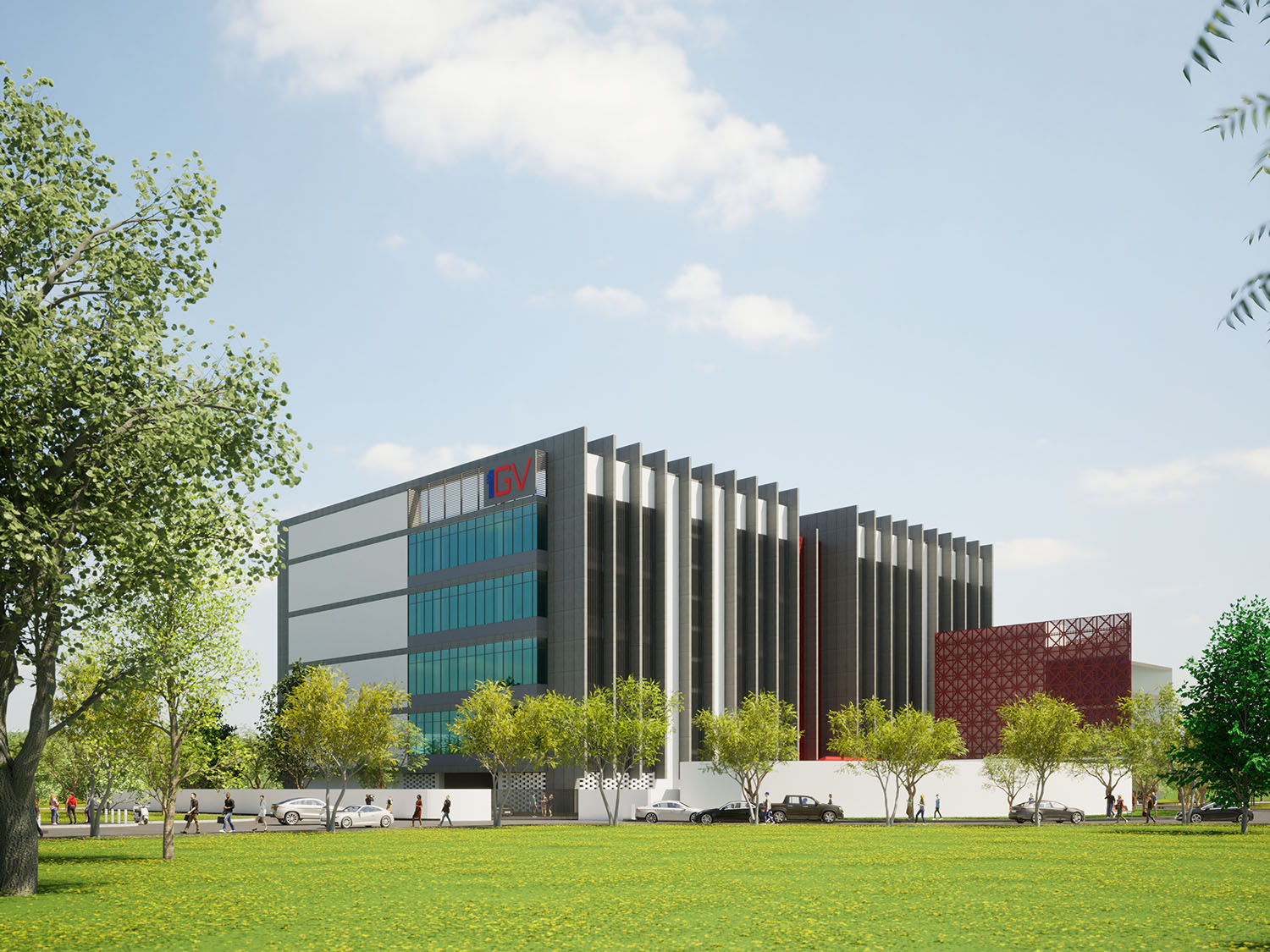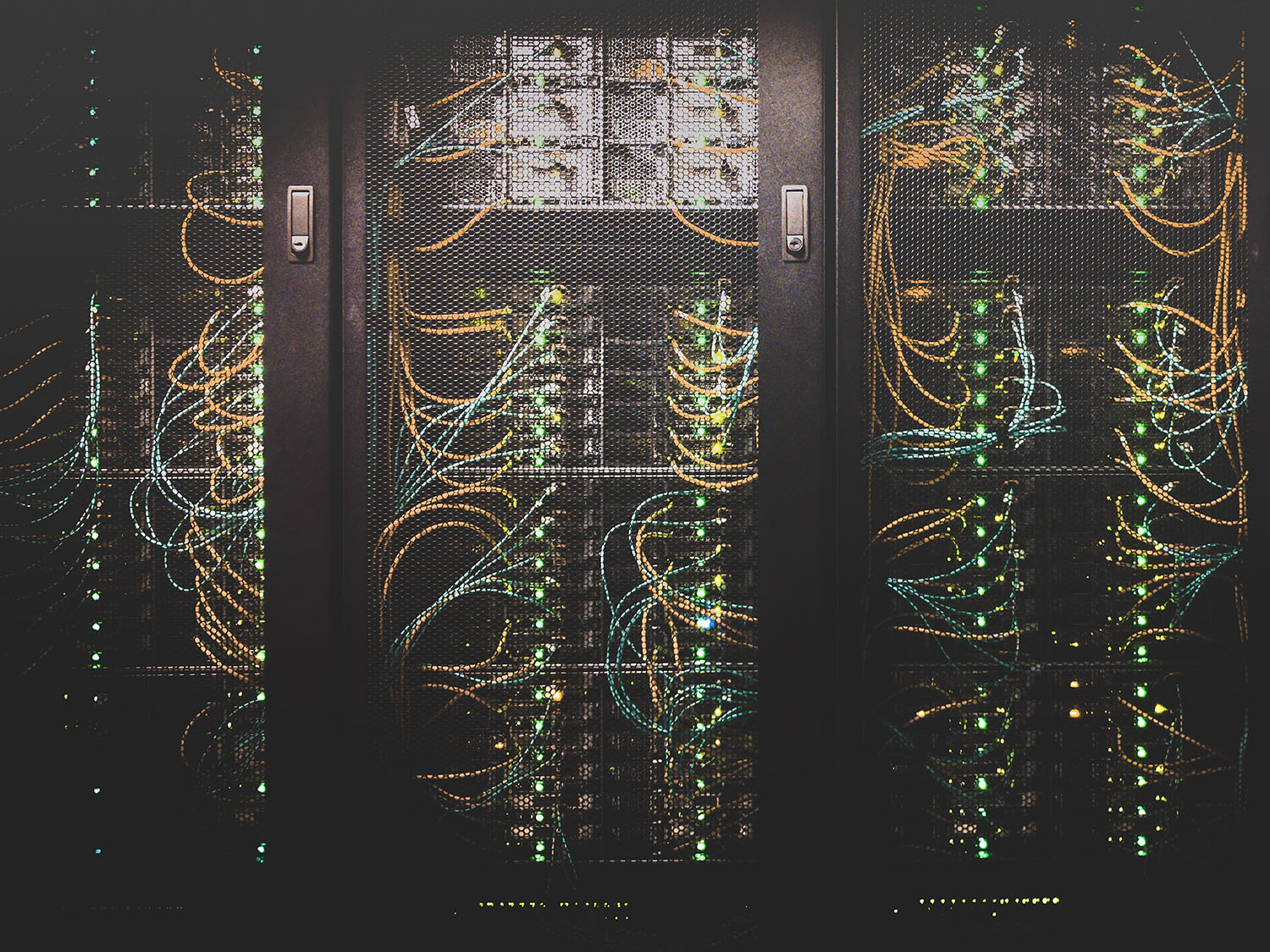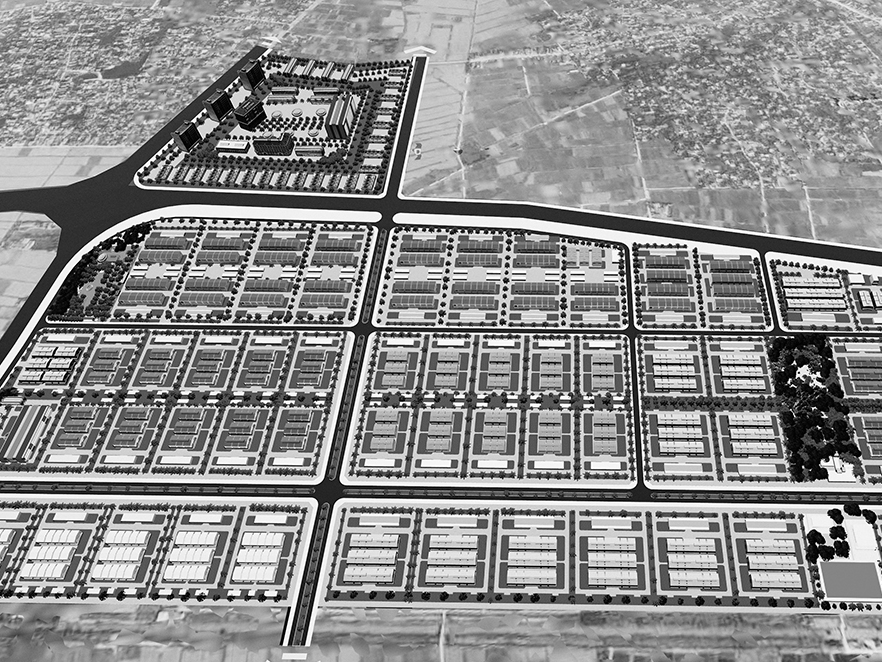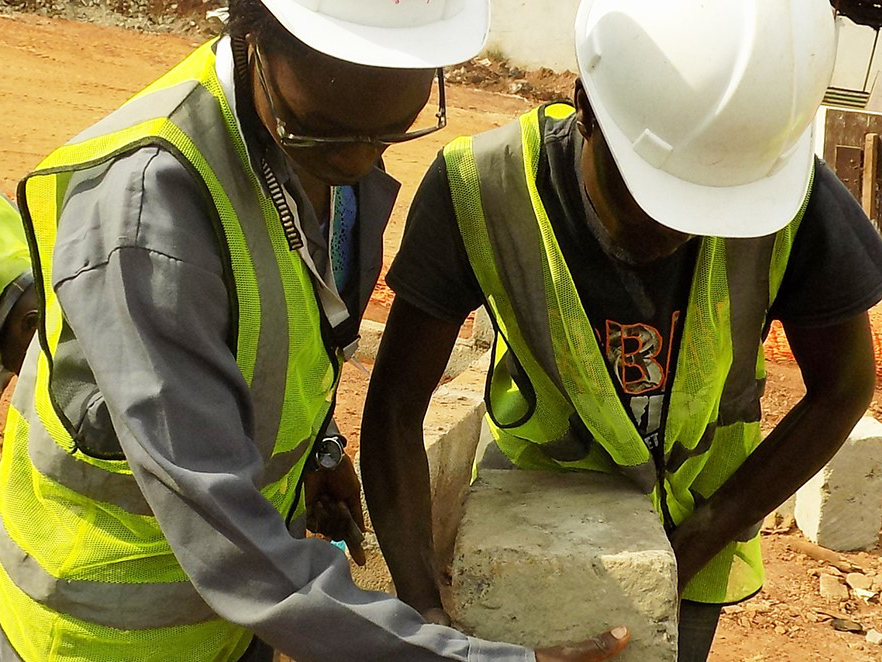As India’s leading life sciences infrastructure platform, Rx Propellant’s aim is to help build world-class clusters for research and innovation. While real estate lies at the core of our business, we like to complement this with our expertise in helping foster talent, networking, and building accelerators and incubators. The most thriving clusters worldwide – including in the US, the UK and the rest of Europe – are those where organisations of different scales not only co-locate, but also collaborate. Using this model, our goal is to seed and grow life sciences clusters in India that create rich ecosystems of scientific communities which in turn create breakthroughs.
We are exploring photovoltaics materials on our vertical facades to reduce our reliance on grid-supplied electricity as well as generate renewable energy.
We support innovation by building life sciences-focused research and manufacturing infrastructure that enables rapid operational scaling. In doing so, we remain dedicated to creating laboratories and specialised environments that combine functionality with amenities that promote productivity and well-being. We also seek to deepen our relationships with our tenants by aligning our sustainability goals with theirs.
What is driving the interest in the sector? One of the main challenges during the pandemic was fulfilling the unprecedented demand for fast-tracked research and testing cycles and manufacturing infrastructure to cater to the urgent and global demand for vaccines. Research work and production volumes were heavily dependent on the availability of talent, raw materials, manufacturing and fill-finish capacities. This demonstrated the need to collaborate across borders as well as to build specialised infrastructure for life sciences with high-end technical specifications, since commercial or office infrastructure can seldom be retrofitted to meet the sector’s needs.
Now, in the post-pandemic era, the life sciences industry – particularly the Pharma and Biotech sectors – are in growth mode across the globe. As the world embraces new therapeutic modalities such as cell-gene therapies, RNA-based therapies and biologics, India is gaining prominence as a popular destination thanks to its diverse talent pool and cost advantage. One of the key trends that has emerged is for businesses to establish a footprint here, either by setting up operations or outsourcing to domestic contract development and manufacturing organisations. This has led to an increased demand for purpose-built infrastructure for life sciences operations that enable organisations to expand their capacities for research and manufacturing rapidly, while also staying asset-light.
Sustainability is core to our mission. We are focusing our approach to net zero by developing our greenhouse gas emissions mitigation strategy. Our decarbonisation strategy will be closely aligned with the sustainability goals of our tenants, clients and investors. The strategy aims to reduce emissions from our operations through energy efficiency and renewable energy. Efficiencies equal cost savings through reduced demand for electricity and water. Our building design also incorporates the principles of the circular economy and we aim for green certification for our buildings.
Efficiencies equal cost savings, of course, through reduced demand for electricity and water.
As a result, the investments within the Rx Propellant platform are aligned with five of the United Nations’ Sustainable Developments Goals (SDGs): SDG3 (Good Health & Well-Being), SDG8 (Decent Work and Economic Growth), SDG9 (Industry, Innovation and Infrastructure), SDG12 (Responsible consumption and production), and SDG13 (Climate Action).
Some examples of how we achieve this in practice include the choice of building materials, the design and implementation of heating, cooling, plumbing, waste, and ventilation systems, and the integration of the built environment into the natural landscape. Sustainable design principles and techniques are incorporated to reduce environmental impacts. These principles include ensuring the optimal orientation of a building to minimise heat, providing adequate daylight with a mix of shading devices integrated into windows, and efficient building envelope design with high-performance insulation, double glazing and cavity wall usage. This reduces heat gain and minimises cooling needs.
We are now an industry leader in sustainability in life sciences real estate.
We are also exploring Building Integrated Photovoltaics (BIPV) materials on our vertical facades, and solar panels on our terraces, to reduce our reliance on grid-supplied electricity, as well as generate on-site and off-site renewable energy. We provide for water sustainability by meeting 100% of our non-potable requirements through the recycling of wastewater. We ensure our transport is sustainable by providing EV charging infrastructure at parking stations to promote the use of electric vehicles. And we take an integrated waste management approach for achieving zero waste to landfill during both construction and operational phases.
This focus on sustainability is important not just to us, but to our tenants too. They are committed to sustainability more than ever before and have ESG mandates for their operations. We therefore ensure our infrastructure is aligned to meet their goals. We are targeting IFC-EDGE & LEED green building certifications for all our assets. Buildings with energy-efficient systems and combining these with renewable energy sources can significantly reduce carbon emissions and also cut energy bills over the long term, leading to savings for tenants. This is a major value-add and will differentiate us from other players in the market.
Partnering with Actis helps us stay ahead of the curve. We are now an industry leader in sustainability in life sciences real estate. We are able to leverage Actis’ deep expertise to build robust implementation plans for our portfolio. At the same time, we are paving the way for further development of the life sciences real estate sector, by being actively involved in creating industry-specific standards and metrics for product sustainability.







